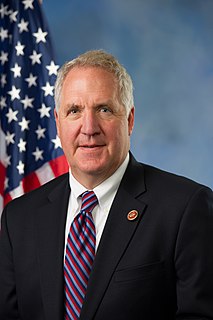A Quote by John Shimkus
As we all know, no crude oil refineries have been built in the United States since 1976. During that time, close to 100 ethanol refineries have been built.
Related Quotes
We passed law that encouraged consumption through different purchasing habits like, you know, hybrid vehicles. You buy hybrid, you get a tax credit. We've encouraged the spread of ethanol as an alternative to crude oil. We have asked for Congress to pass regulatory relief so we can build more refineries to increase the supply of gasoline, hopefully taking the pressure off of price. And so the strategy is to recognize that dependency upon crude oil, in a global market, affects us economically here at home. And, therefore, we need to diversify away as quickly as possible.
The nationalism and the protectionism that was built into the Mexican Revolution in 1910 and that characterized the Mexican attitude to the United States for much of the 20th century were difficult to overcome. But that actually has occurred. And the cooperation, trust and confidence that have been built is not something that should be abandoned without great consideration for the potentially grave consequences to the United States.
The problem right now, which I've been pointing out very bluntly to American officials in Washington, is that the U.S. has no economic presence in Afghanistan. The Afghans can't point and say, "Oh, the Americans built that road. They built that telecommunications facility. They built that electricity powerhouse," because nothing has been built so far.































